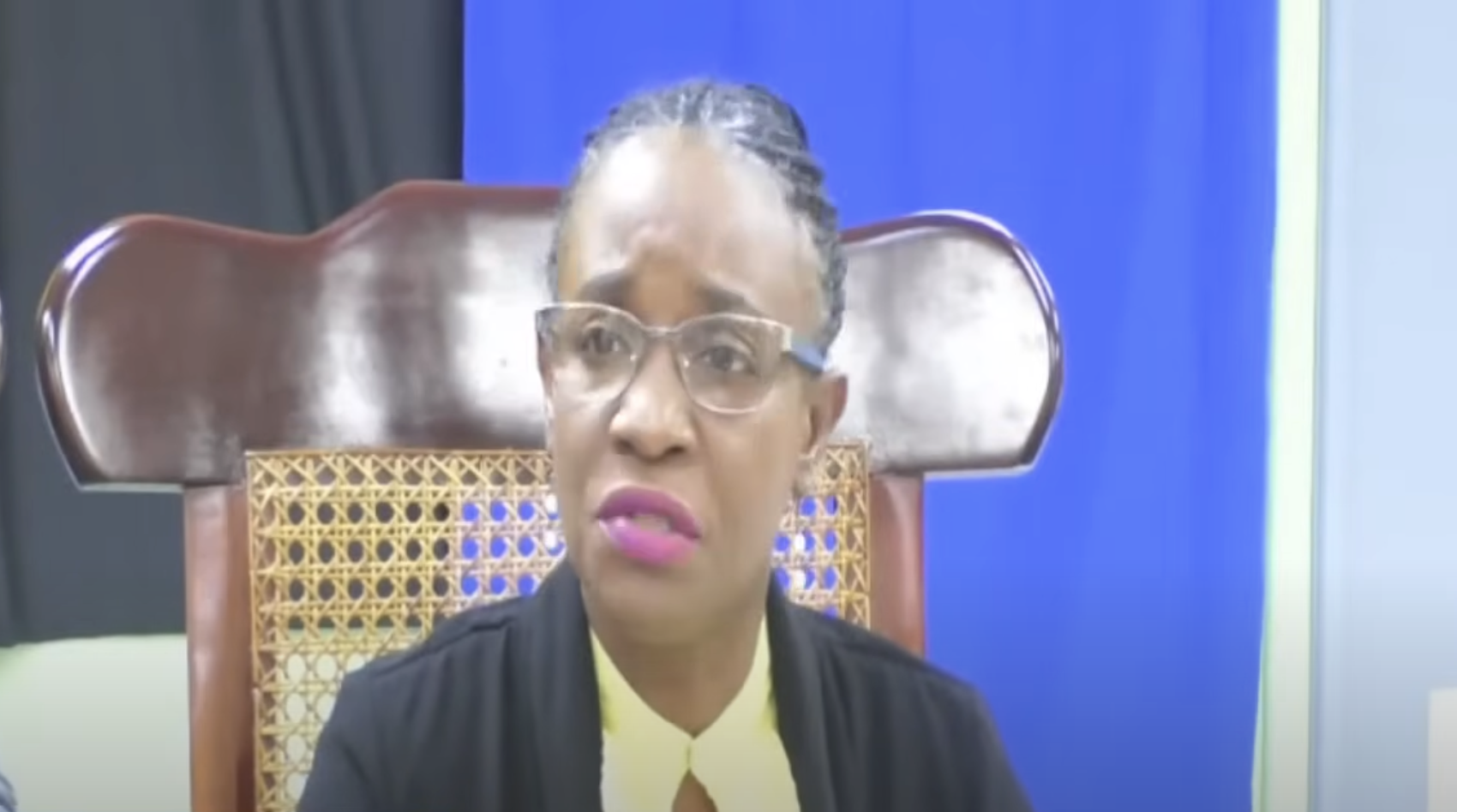Education Reform Demands by Democratic Labour Party Prompt Transparency Concerns: An Analysis

Democratic Labour Party (DLP) presses for transparency on proposed education reforms by Ministry of Education, Technological, and Vocational Training (METVT). Concerns raised over lack of details and accountability in overhaul plans.
With just a fortnight remaining until students return to classrooms on 16 September, the Democratic Labour Party (DLP) has thrust the issue of education reform into the spotlight, demanding answers from the Ministry of Education, Technological, and Vocational Training (METVT) about the proposed overhaul of the system.
Felicia Dujon, the DLP’s third vice-president, has criticised the government’s handling of education policy, focusing particularly on the lack of transparency surrounding the proposed reforms.
“We have heard about these educational reforms for some time now, but where is the transparency, where is the accountability?” Dujon asked. “These reforms were supposed to bring about much-needed change in our education system, yet we are left in the dark about what has been done and what is yet to come.”
Back in October 2023, the ministry released a draft 56-page document entitled ‘Reimagining Education in Barbados’, with the slogan ‘A Bright Future for Every Child’. While acknowledging that the current education system has served the island well, the document also states that all learners have not been served equitably.
“This situation necessitates a thorough examination of our system to identify policies and practices that remain effective, areas requiring reinforcement, and those in need of reimagining. The overarching goal is to establish an education system that empowers all students to reach their full potential, fostering a future where opportunities are boundless and inclusive,” it says in the introduction. It emphasises the importance of “fostering a culture of excellence” to transform the education system, which “requires all stakeholders to collaborate” in shaping a fair, inclusive, relevant, and modern system.
However, the opposition spokesperson argued that little had been heard about the reform since and that there was a growing frustration among stakeholders, including parents, educators, and students, over the dearth of concrete information. Speaking at a recent DLP press conference, Dujon wanted clarification on the specific changes the reforms will introduce to curricula and teaching methods; how these reforms will impact classroom dynamics and student assessment; the timeline for implementing these changes across different school levels; how teachers are being prepared for these new educational approaches; and the measurable outcomes expected from these reforms.
Dujon stressed that the lack of clarity was not merely an administrative oversight but a fundamental flaw in the reform process itself. “They [parents] need to be assured that the reforms will genuinely benefit their children, rather than being just another talking point with little to show for it,” she asserted. “Transparency and communication are key to building trust and ensuring that these reforms have the desired impact.”
She called for immediate action from the METVT to address these concerns and demanded a comprehensive briefing on the status of the reforms, including detailed plans for their rollout and the specific changes that students and teachers can expect to see in the coming academic year.
“We need to know what changes are coming, how they will be implemented, and when our children and teachers can expect to see these improvements in their classrooms,” Dujon insisted. “It is unacceptable for such important information to be withheld from the very people it affects most.”
As the clock ticks down to the new school year, Dujon also highlighted several other concerns that loom large for the METVT. These included school readiness, delayed appointments of teachers and principals, and the need for improved communication with parents. She called for urgent action to ensure that schools are physically prepared for the new term, with all necessary maintenance and safety measures in place, and criticised the ministry for “its consistent failure” to appoint teachers in time for the opening of school. “Every year, we see the same issue – schools start the term without having all their teachers and principals in place,” Dujon complained. “This is unacceptable, and it needs to stop.”


